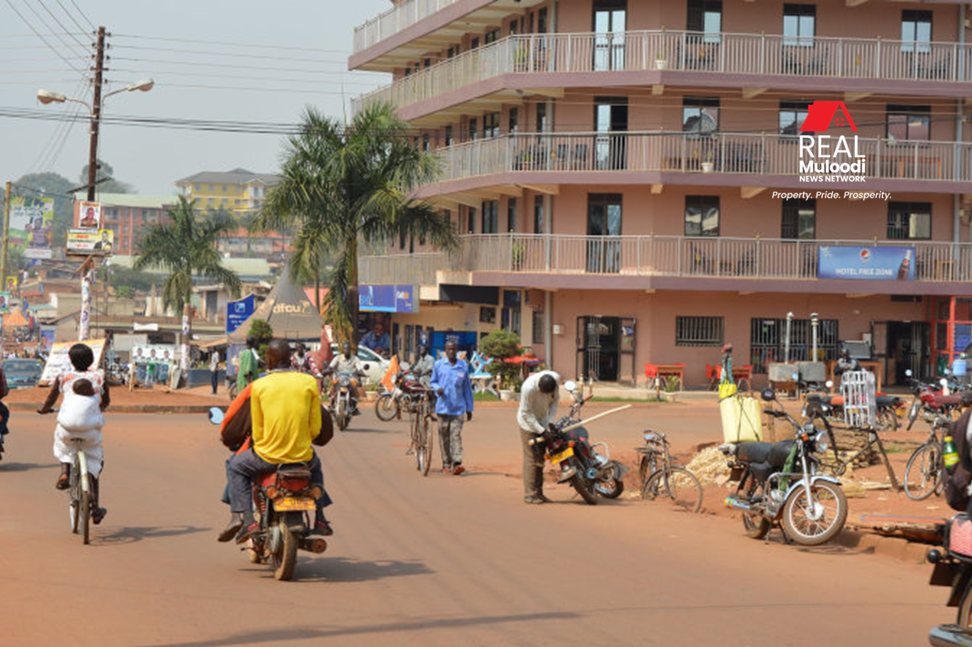UGANDA, Gulu | Real Muloodi News | Mr. George Kidega, the Finance Manager of Gulu City, emphasises the importance of continuous sensitisation in property tax compliance to ensure it achieves its intended objectives.
He underscores that effective sensitisation is essential for property owners and the general population to grasp the rationale behind enhanced tax mobilisation measures at the local government level, ultimately simplifying compliance.
Concurrently, there is an ongoing sensitisation drive in Gulu City dubbed, ‘Services and Fair Tax for Property Owners’ campaign, organised by RippleNami Uganda with support from USAID’s Domestic Revenue Mobilisation for Development activity.
RippleNami says the primary objective of the campaign is to foster robust dialogue and engagement between administrative bodies and property owners, thereby reinforcing the social fiscal compacts related to service utilisation.
Mr. Kidega elaborates on the campaign’s significance, stating, “People must understand that we need to raise revenues to support the development of our city. However, property owners must go beyond this and comprehend the methodology behind the deductible rates and the intended utilisation of the funds we are collecting from them.”
In addition to raising awareness, Mr. Kidega highlights the importance of streamlining property rate payments by introducing accessible payment models for property owners and their representatives.
Such payment mechanisms could encompass digital channels, such as mobile money and online banking, widely adopted across various sectors.
“We must streamline the payment process. I acknowledge that it involves extensive consultations, but it is imperative if we aim to achieve a 100 percent collection rate,” Mr. Kidega asserts.
In Gulu City, authorities are initially implementing a property tax rate of 8 percent, with periodic reviews on the horizon.
The Local Governments (Rating) Act of 2005 and The Local Governments (Rating) Regulations of 2006 meticulously outline the procedures for levying property rates on commercial properties by local governments, property valuation for rating purposes, the management of objections and appeals, rate collection, enforcement, and related matters.
Unfortunately, many property owners have yet to grasp these intricate details, underscoring the need for ongoing sensitisation efforts.
It is worth noting that property rates constitute a substantial portion of local government revenues, accounting for over 40 percent of most urban council taxes.
Consequently, the government is actively seeking ways to optimise collections from these taxes, with a targeted revenue realisation of at least USh300 billion from local governments.
READ MORE LIKE THIS:
Only 3,200 of 12,000 Properties in Gulu City Qualify for Property Tax
URA Explains Rental Income Tax: Regulations, Compliance, and Collections



